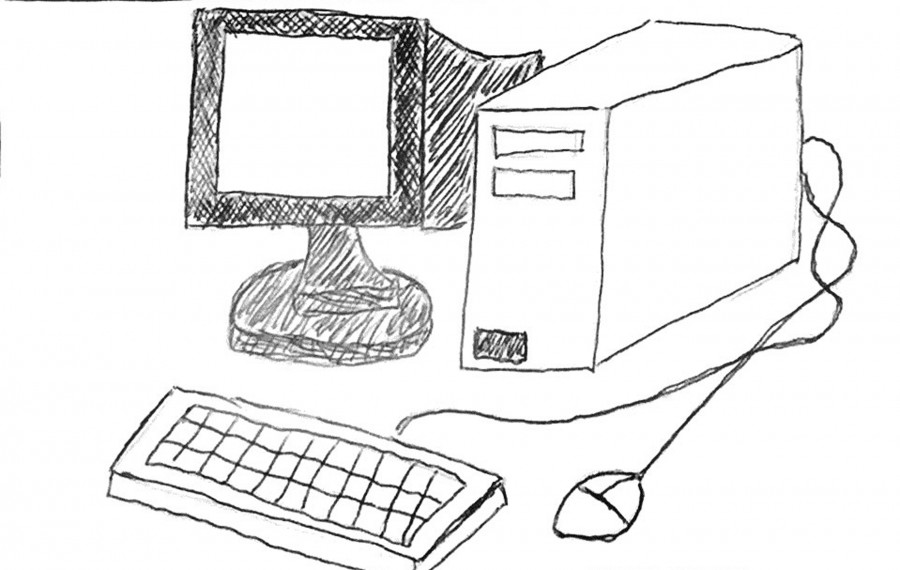Wise on the web
While technology is advancing with the times, so should our self-awareness and safety precautions when handling our private information online.
Whenever we build online profiles, we expose our information for the world to see. We share aspects that define us, from our full names to our pets’ names to our relationships with others. In the era of social media, we have had a shift in mentality about giving away information.
We fill in personal questions whenever we build our online personas with the intention of sharing with others the information that characterizes us. We want others to get a general idea of who we are, and we oftentimes hesitate to leave the boxes containing our information blank.
Contrarily, before social media, people were generally less open and more protective over these personal details. They left out Information such as birthdates and current location. Because of technologically improved safety protection softwares and website precautions to help users feel secure, the fear of giving away personal information has been falsely subsided.
The Federal Bureau of Investigation website warns users of the internet about putting out personal information. “The more information you post, the more vulnerable you may become. Even when using high security settings, friends or websites may inadvertently leak your information,” The FBI said. “Humans are a weak link in cyber security, and hackers and social manipulators know this. They try to trick people into getting past security walls. They design their actions to appear harmless and legitimate.”
Passwords are the barriers between direct control over our profiles, and because they have such a large impact, we must make sure they are always strong. Changing passwords on Internet accounts regularly helps avoiding being “hacked” or having accounts be accessed by unwelcome users. A combination of numbers and letters creates more complex and therefore, safer, passwords.
In an era where we are encouraged to share, the most important thing to do is to be aware of how much we share.
In a UK survey conducted by OfCom, the Guardian Magazine reported shocking statistics. “One in five people in the UK would never use their credit card online despite just under 70% of internet users saying they’re perfectly happy to give away their personal information,” the survey said.
If we allow our profiles to be public, we run the risk of anyone accessing them at any time with the click of a mouse or the tap of a finger. However, in most, if not all, common social media applications, there is an option to be “private”- this means people must be approved prior to viewing any personal information and posts. This is an effective way of controlling who has access to private profiles. “Friends” and “followers” can be handpicked through requiring prior approval.
Also, with either public or private settings, there is the option to “block” bothersome or unknown users from being able to access our profiles entirely.
After we make sure that we monitor our accounts in a way that accommodates our online privacy preferences, we must also avoid personally passing on personal information about ourselves. Sharing private information with strangers, no matter how trustworthy they seem, is a very risky practice.
Once typed, the words are out there, available online one way or another. Information that reveals a lot about ourselves, from credit card information to family secrets, should be handled in person. With the Internet, you never know who can take what you wrote and use it against you, even in 2016.
Your donation will support the student journalists of Woodbridge High School. Your contribution will allow us to purchase equipment and cover our annual website hosting costs.







